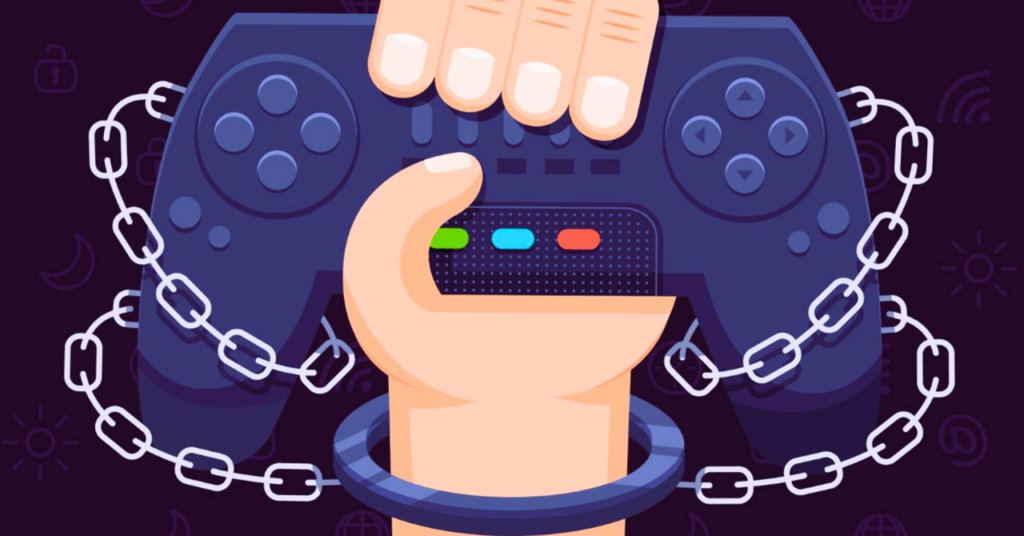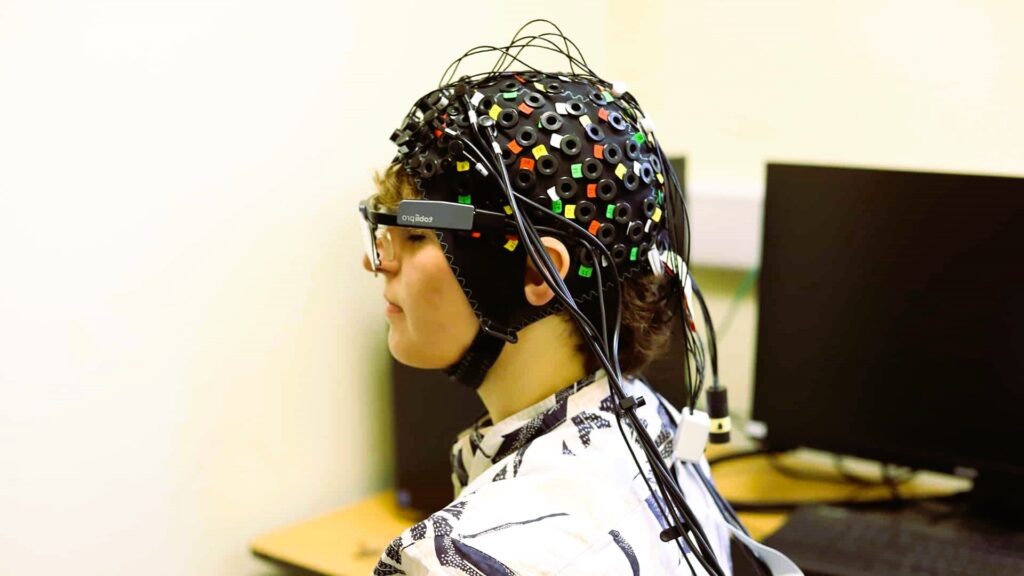Welcome to the Psychology of Gamers page! Here, you’ll find insightful articles and research on the mental and emotional aspects of gaming. Understanding how the mind works in high-stakes gaming environments is crucial for improving both personal performance and overall well-being. Explore the science behind gaming behavior, learn how emotions impact performance, discover motivational techniques, and stay updated with the latest research in esports psychology.
What is Gaming Psychology?

Gaming psychology explores how mental and emotional factors influence gamers’ performance, behavior, and overall experience. It involves studying various psychological elements, including motivation, emotions, stress management, and decision-making, all of which play a crucial role in a player’s success during competitive gaming.
Key Concepts in Gaming Psychology:
- Cognitive Load: How much mental effort is required during gameplay, influencing decision-making and focus.
- Flow State: A state of full immersion and optimal performance that players strive to reach.
- Mental Fatigue: The effects of prolonged gaming on concentration, reaction time, and emotional regulation.
- Stress and Anxiety: The psychological responses to high-pressure situations in gaming and their impact on performance.
Understanding these concepts helps gamers optimize their mental approach to training and competition.
How Emotions Affect Gaming Performance
Emotions can have a profound impact on a gamer’s performance, either enhancing or hindering it. Whether it’s the rush of excitement from a big win or the stress of a crucial match, emotional regulation is key to maintaining focus and control.
Positive Emotions:
- Confidence: Boosts performance by reinforcing positive beliefs about abilities and skill.
- Excitement and Enthusiasm: Can fuel motivation and enhance energy levels during gameplay.
Negative Emotions:
- Frustration and Anger: These can lead to impulsive decisions, misplays, and a decline in focus.
- Stress and Anxiety: High-stakes gaming environments can trigger these emotions, leading to performance anxiety, poor decision-making, and physical symptoms like a racing heart or shallow breathing.
Emotional Regulation Tips for Gamers:
- Practicing mindfulness or relaxation techniques can help calm nerves during intense moments.
- Self-talk techniques to refocus and reframe negative emotions can aid in staying level-headed.
Motivation and Motivational Training for Gamers
Motivation is the driving force behind every successful player. Whether intrinsic (the love for gaming) or extrinsic (winning tournaments, earning rewards), motivation plays a critical role in consistency and long-term improvement.
Types of Motivation in Gaming:
- Intrinsic Motivation: The personal satisfaction and enjoyment gained from playing the game, independent of external rewards.
- Extrinsic Motivation: Motivators like prizes, recognition, or climbing the leaderboard.
Motivational Training Techniques:
- Goal Setting: Setting clear, achievable goals helps maintain focus and provides a sense of direction.
- Visualization: Using mental imagery to visualize success or overcoming obstacles can enhance motivation and prepare the mind for high-pressure situations.
- Positive Reinforcement: Rewarding progress with positive affirmations boosts self-confidence and maintains motivation.
Incorporating these strategies into training can significantly improve long-term dedication and results.
Latest Research in Esports Psychology

The field of esports psychology is continuously evolving, with new studies shedding light on how mental factors influence gaming performance and behavior. Below are some of the key findings from recent research:
- Impact of Sleep on Performance: Studies have found that insufficient sleep directly affects decision-making, focus, and reaction time, all of which are essential in high-level gaming.
- Cognitive Flexibility in Competitive Play: Research has shown that the ability to adapt to rapidly changing situations during gameplay is linked to superior performance, highlighting the importance of mental agility in esports.
- Stress Management Techniques for High-Pressure Environments: New studies are focusing on how gamers can better cope with stress through techniques like deep breathing, muscle relaxation, and mindfulness during intense gaming moments.
- The Role of Team Dynamics: Collaborative games often require high levels of communication and team coordination. Research has shown that effective team dynamics and conflict resolution strategies lead to more successful outcomes in competitive settings.
Stay tuned as we continue to update this section with more groundbreaking research and insights into the world of gaming psychology.
By understanding the psychology behind gaming, players can optimize their mindset, enhance performance, and maintain mental well-being in the world of competitive gaming. Check out our articles and stay informed with the latest in esports psychology!
